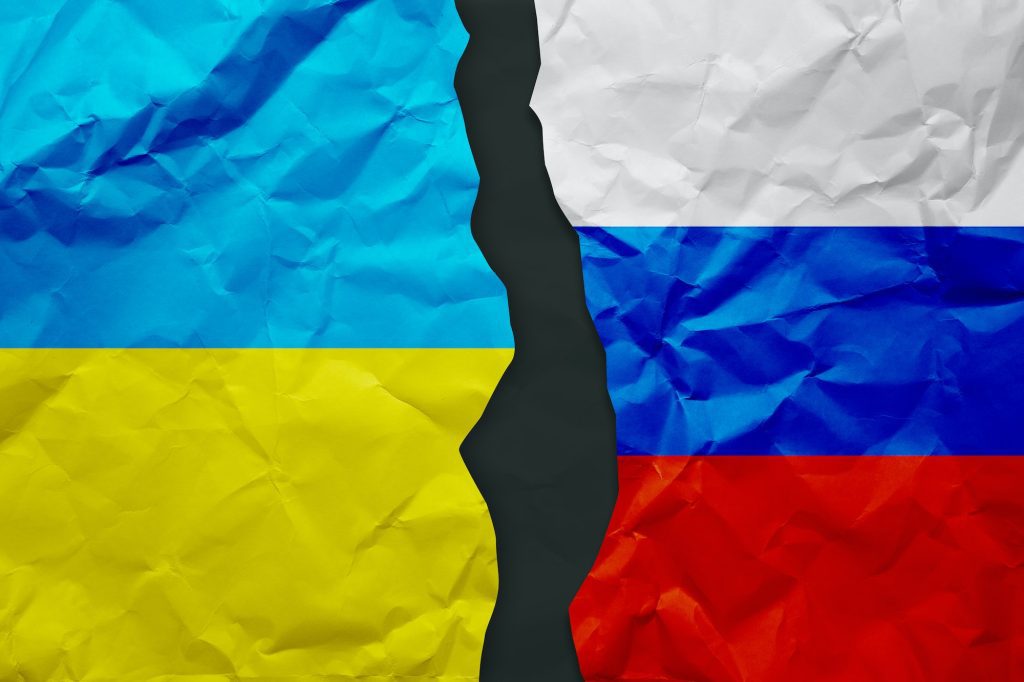Pro-Ukrainian hacktivists hit Russian research center; Russian officials claim the hack was unsuccessful
Ukraine’s Main Intelligence Directorate claims that hacktivists breached Russia’s Center for Space Hydrometeorology, erasing 2 petabytes of data; however, the Russian center, as reported by TASS, refutes the cyberattack claims, asserting the resilience of its systems and operations.

Ukraine’s Ministry of Defense, through its Main Intelligence Directorate, asserted that hacktivists supporting Ukraine successfully infiltrated the Russian Center for Space Hydrometeorology, known as Planeta, and eradicated a substantial 2 petabytes of data.
Planeta, a state research centre closely tied to Roscosmos, Russia’s space agency, uses space satellite information and ground sources, including radars and stations, to furnish precise insights into weather, climate, natural disasters, extreme phenomena, and volcanic monitoring. The centre supports various sectors, including the military, civil aviation, agriculture, and maritime.
Ukraine reported that cyber volunteers identified as the ‘BO Team’ successfully penetrated Planeta’s Far Eastern branch, the largest among the three. While the Ukrainian government does not explicitly claim responsibility for the attack, they assert that the hackers incapacitated 280 servers within the research centre, containing a colossal 2 petabytes of data (equivalent to 2000 terabytes). If Ukraine’s allegations are accurate, this represents a devastating blow to Planeta, considering the formidable challenge and cost associated with storing such massive volumes of information in backups.
The Ukrainian intelligence service estimates the financial damage from the data loss to be $10,000,000, impacting the functionality of supercomputer clusters and compromising years of research. The destroyed data encompass meteorological and satellite information actively employed by entities such as the Ministry of Defense, MNS RF, Roscosmos, and other state agencies. The announcement underscores that the supercomputers in the research centre are inoperative and cannot be fully restored.
Ukraine underscores the significance of this incident by highlighting the challenges imposed by sanctions that severely limit Russia’s ability to restore intricate computer systems and software. Additionally, the cyberattack is reported to have paralyzed HVAC and power supply systems in Planeta’s main building, disconnecting the station on the island of Bolshevik from the network.
TASS reports that the ‘Ukrainian cyberattack was unsuccessful’ and that ‘all systems are working properly’, citing comments from the Russian Center for Space Hydrometeorology.
Why does it matter?
These attacks, purportedly endorsed or sponsored by the Ukrainian government, are not unprecedented, as Ukraine previously acknowledged engaging in operations to sabotage critical Russian agencies. Notably, in November of the preceding year, Ukraine’s intelligence service hacked Russia’s Federal Air Transport Agency, ‘Rosaviatsia,’ exposing files that revealed the country’s aviation sector in a state of collapse. Subsequently, in December, Ukraine claimed responsibility for breaching the Russian Federal Taxation Service (FNS), resulting in the deletion of the agency’s database and backup copies.
